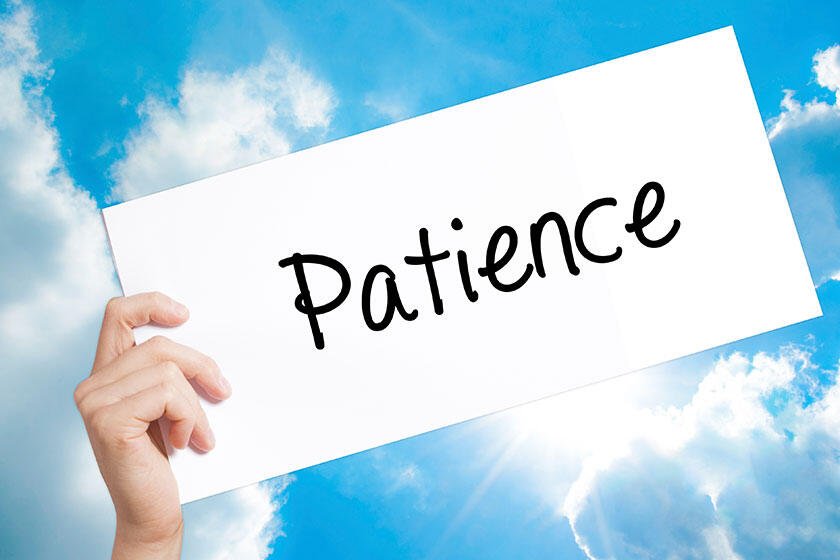-
 @ Daniel
2024-12-01 21:41:09
@ Daniel
2024-12-01 21:41:09
What is the meaning of patience?
Any conversation about what patience is and its importance will tend to mention that patience is a virtue. But there’s much more to it. Patience is your ability to wait without becoming annoyed, upset, or angry. It’s when you exercise self-control rather than lashing out and complaining.
You’re being patient when you take deep breaths and seek inner peace after things don’t go the way you hoped.
Practicing patience is all about how you act. It involves internalizing your emotions and interpreting the situation you’re in. When you’re being patient, you’ll stop and take a moment to look around while thinking about the bigger picture. That is, you won’t just think about your actions in the present moment but what they’ll mean down the road, too.
Patience also throws instant gratification out the window. You have the agency to do things that will make it easier for yourself in the short term. Or you can choose to avoid hasty decisions and take actions with long-term benefits. It may require more hard work, but patience pays off, even if it feels difficult in the moment.
Staying mindful of your emotions, behavior, and surroundings is a lot to practice. Learn how to practice self-control and patience, while being mindful of your Whole Self.
Why is patience so important in life?
How important patience is in life stretches far beyond being nice to others. It benefits your relationships with others and helps these relationships stay healthy over an extended period of time. Being a patient person also teaches you to regulate your emotions so that your well-being remains strong.
Being impatient causes stress, and chronic stress has detrimental effects on physical well-being. Your physical and mental health grows when you practice patience. You may find that you’ll experience less headaches, acne breakouts, and ulcers.
Patient people may also experience fewer negative emotions. That’s because with patience, you’re better equipped to deal with stressful and challenging moments in life. This helps your overall mental health and well-being.
Patience can even help you avoid and recover from burnout. Rather than work yourself to the extreme, patience reminds you to slow down and prioritize your own well-being
Can patience be developed?

If you think you’re an impatient person right now, don’t sweat it. With dedication and sustained efforts, everyone can develop patience. You can find a moment of patience in stressful situations by being mindful of others and your surroundings. Practicing gratitude also leads to patience. You can learn to become more patient anywhere — especially in the workplace.
To be a good leader, you need to understand that everyone contributes something special. Sometimes it takes an employee a few tries to hone their skills toward the team goal, making few mistakes. A good leader will reframe an error as a learning opportunity while being patient. They’ll reiterate the importance of teamwork and value everyone’s efforts to meet a deadline.
In the workplace, business leaders and organizations face a lot of uncertainty. Things don’t always go according to plan or how people predicted. When that happens, workplaces have to scrap their original plan and think of new things.
One survey found that when leaders demonstrate patience, productivity, creativity, and collaboration increases. When team members are in a patient atmosphere, they can complete tasks calmly and form strong, collaborative relationships. Patient leadership instills trust in the team and helps businesses succeed in the future.
The importance of patience in building strong relationships
The role of patience in our life isn’t exclusively individual. Being patient also helps you develop strong, healthy, long-lasting relationships. Your relationships with friends, family, and coworkers thrive when you practice patience.
It’s important to understand that patience isn’t transactional. When you’re patient with a person, don’t hold onto an expectation that they’ll give you something in return. Patience is about sustaining and bettering relationships — not holding your good deed above someone until they do you a favor.
Patient people may have an easier time being empathetic, kind, cooperative, and selfless. Being compassionate when others make mistakes helps create relationships where flaws are accepted.